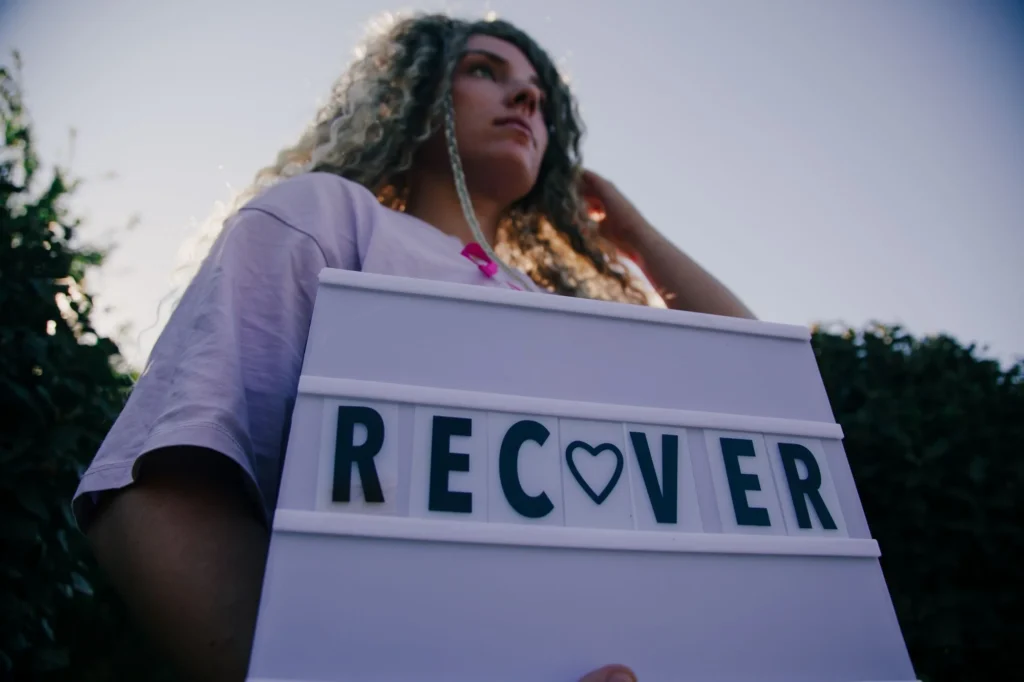Equine Therapy
At Mount Sinai Wellness Center in Georgia, we offer equine-assisted therapy (EAT) as part of our holistic approach to addiction recovery. This experiential, evidence-based treatment helps residents build trust, process emotions, and reconnect with themselves through guided work with horses.
Horse Therapy in Georgia
Specialized Therapy at a Trusted Addiction Rehab Center
Mount Sinai offers a variety of treatments, therapeutic options, and programs to recover from substance use and alcohol addiction. As part of our personalized approach, we provide equine-assisted therapy sessions that incorporate horse care and companionship into a larger recovery plan.
Working with therapy horses can be enlightening, promoting emotional wellness and helping you center yourself. This bond often enhances confidence and clarity as you heal from addiction in all its forms.

What Is Equine-Assisted Therapy?
EAT is a rehabilitative treatment option that builds a therapeutic relationship between a person and a horse. Connecting with an intelligent animal and participating in its day-to-day care can be beneficial for self-reflection and mental wellness.
Each session at Mount Sinai is led by trained staff, including equine specialists. We work with gentle horses who are bred or trained to interact with people regularly. Horses are smart and social animals, and many participants report feeling recognized, accepted, and at ease during EAT.
- Spend time with one or more horses
- Brush, feed, or lead a therapy animal
- Clean hooves or observe their behavior
- Walk them in a calm, controlled setting
- Participate in guided interactions outdoors
- Ride in a paddock when appropriate
Benefits of Horse Therapy
Spending time with these gentle companions can be deeply grounding, especially for animal lovers. The benefits of horses as therapy animals are well-documented. When equine therapy is conducted with the assistance of a professional addiction recovery therapist, each session can bring benefits that actively help with addiction and relapse.
These programs may help residents:
- Rebuild trust and interpersonal connection
- Strengthen confidence and self-esteem
- Stay physically active to suppress cravings
- Explore boundaries and how to respect them
- Feel needed, loved, and engaged
- Experience calm, relaxed moments

Is Equine-Assisted Therapy Right for You?
EAT isn’t simply spending time around horses. It’s a clinical, guided experience that supports emotional growth and behavioral change. At Mount Sinai, we integrate this approach into individualized treatment plans tailored to your history, goals, and comfort level.
You may benefit from equine-assisted therapy if you:
This therapeutic model can be especially helpful for those who process through movement, connection, or sensory experience. If animals and nature feel like a safe place for you, EAT may be a natural fit.
Testimonials
“The community at Mt Sinai is like a family and patients feel loved and supported immediately!”
This treatment facility is perfect for anyone that wants to get sober. If you have the will they have the tools you need to get and stay sober. The therapist care about their patients and their recovery. The community at Mt Sinai is like a family and patients feel loved and supported immediately!
S.W.
“Not only did Mt. Sinai save my life, but they have helped me enhance the quality of the rest of my life.”
I can honestly say that not only did Mt. Sinai save my life, but they have helped me enhance the quality of the rest of my life. The facilities are incredible, the staff is genuine and I they truly care about the quality of your stay and the success of your recovery. I also have to give a special thanks to the owner, my main man Dan. The guy goes above and beyond to help his patients/clients feel like they matter. I will never be able to thank everyone there enough.
S.L.
“I'm beyond grateful that I found MS.”
Mount Sinai changed my life for the better. I was in a spot that I couldn’t find my way out of and this place gave my life a new meaning. I’m beyond grateful that I found MS. Everyone who was working there, showed great empathy and kindness, especially Marshall. I could’t have asked for a better experience
K.S.
“They offer A lot of different pathways to recovery and do some great activities.”
Absolutely amazing facility! They offer a lot of different pathways to recovery and do some great activities. I was definitely impressed! Thank you Lake!
C.D.
Heal With Horses at Mount Sinai Wellness Center
Equine-assisted therapy at Mount Sinai offers a powerful path to growth and recovery. Within our peaceful facilities, trained clinicians and equine specialists guide sessions that help residents build confidence, gain insight, and reconnect with their inner strength.
If you’re curious whether this treatment model belongs in your care plan, reach out today. We’ll talk you through the options, answer your questions, and help you decide what’s right for you.
Start Your Journey With Us
Complete the form below or call 800 353 4673.
Frequently Asked Questions
Is equine therapy covered by insurance?
EAT may be covered as part of a broader treatment plan, depending on your provider. Our team can help verify your benefits and explain what’s included.
How does equine therapy work?
Equine-assisted therapy uses interactions with horses, like grooming or leading them, in a structured session led by a licensed therapist and an equine specialist. Each activity is designed to support inner healing and personal insight.
What is horse therapy called?
The clinical term is equine-assisted therapy (EAT). It includes models like equine-assisted psychotherapy (EAP) and equine-assisted learning (EAL).
What are the activities of equine therapy?
Activities may include grooming, feeding, walking, observing, or interacting with horses during guided sessions. Each activity supports specific therapeutic goals like communication, boundaries, or self-awareness.
How does equine therapy help depression?
EAT helps reduce symptoms of depression by promoting connection, routine, movement, and self-awareness in a calm, nonjudgmental setting.
Who benefits the most from equine therapy?
It supports individuals with trauma histories, emotional processing challenges, anxiety, depression, or who find it hard to engage in traditional counseling.
Featured Articles




